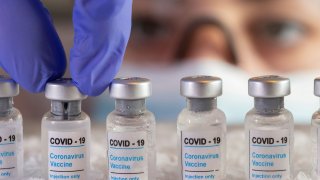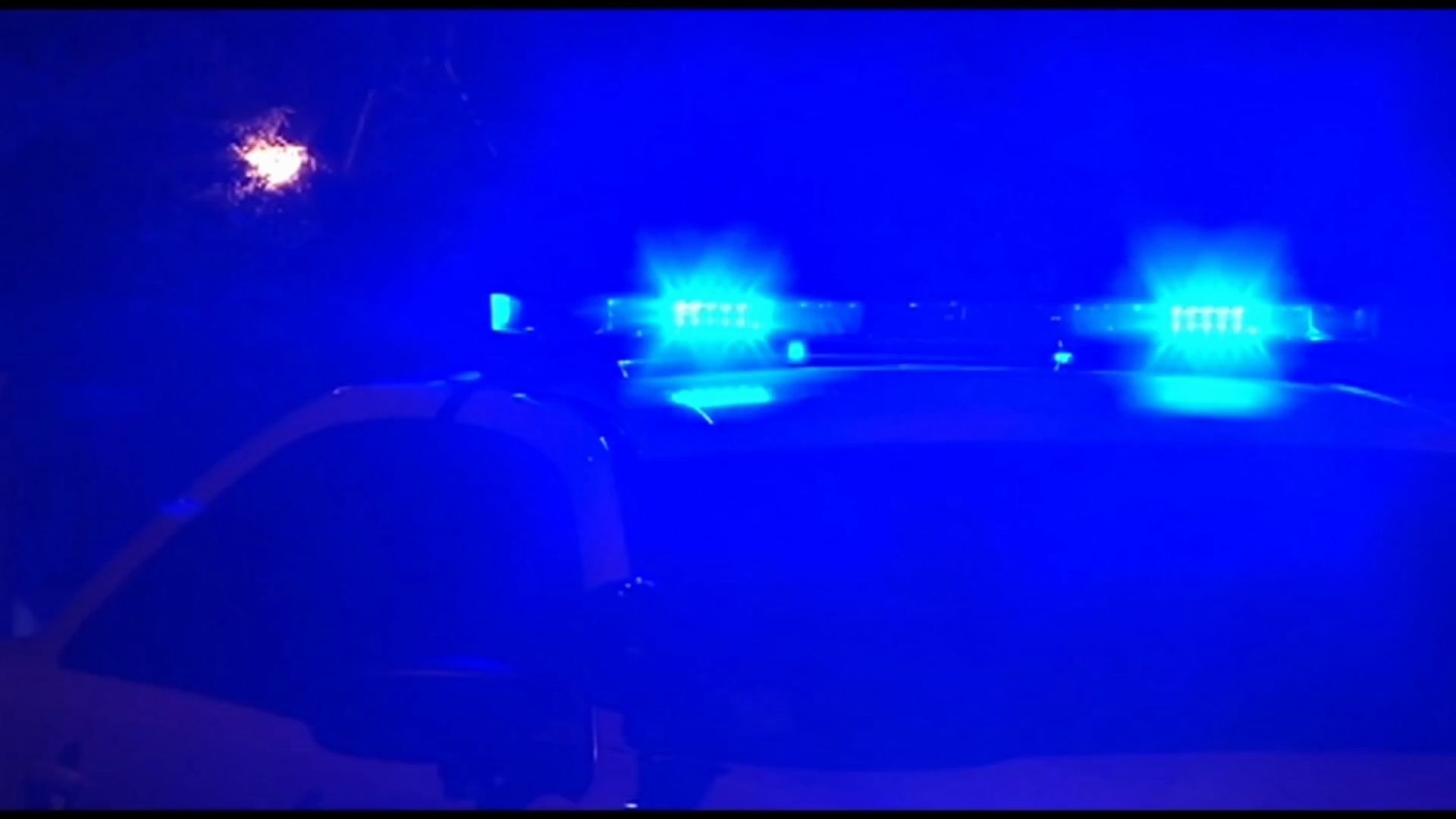
Illinois health departments and vaccine providers will begin to receive larger quantities of the second dose of the coronavirus vaccine to accommodate for the growing need of second doses, state officials announced Saturday.
Beginning Monday, health departments will also receive less shares of first COVID-19 vaccine doses due to the federal government's limited quantity, the Illinois Department of Public Health explained.
"Based on federal projections of vaccine shipments, the Illinois Department of Public Health (IDPH) anticipates these allocations will hold steady for the next several weeks, before allocations of first doses can once again increase in March," IDPH said in a statement.
IDPH added that over the next several weeks, the ratio of first doses and second doses of the vaccine should begin to balance.
Gov. J.B. Pritzker said supply has been steadily growing, but he also expressed optimism that another vaccine is nearing approval.
"This is something you know on top of the doses that we're receiving that are in the increase each week, we also are seeing on Feb. 26 that Johnson and Johnson's vaccine is going to come before the FDA, and there's a great deal of optimism that they'll get their emergency use authorization, and therefore we'll be able to begin to get those vaccines added on top of Pfizer and Moderna," Pritzker said. "Last thing is the federal government announced over the last 48 hours that new vaccine shipments are going. In addition to the ones coming to the States, they're actually going directly to the FQHCs [Federally Qualified Health Centers], and two pharmacies in Illinois. You heard yesterday that Walgreens will be getting an additional large amount of vaccine and that amount will be increasing, very helpful to all of us."
For a complete look at where and how you can make an appointment in Illinois or where you can receive vaccine information for your area, click here.
Local
The state expects to increase eligibility beginning Feb. 25, allowing for people with "a high-risk medical condition" or comorbidity to be vaccinated. The list includes those with cancer, diabetes, obesity, women who are pregnant, and those with several other conditions.
"In light of a steadily increasing federal vaccine supply, Illinois is making plans to expand Phase 1B eligibility on February 25 to people who have comorbidities and underlying conditions as defined by the CDC," the governor's office said in a release Wednesday. "In addition, Illinois will also prioritize individuals with disabilities."
The list of qualifying high-risk medical conditions (which is subject to change) includes:
- Cancer
- Chronic Kidney Disease
- COPD (Chronic Obstructive Pulmonary Disease)
- Diabetes
- Heart Condition
- Immunocompromised State from a Solid Organ Transplant
- Obesity
- Pregnancy
- Pulmonary Disease
- Sickle Cell Disease
“Those who are under 65 and live with comorbidities, such as cancer survivors or those living with heart disease, have an elevated risk of serious complications or death if they contract COVID-19," Pritzker said in a statement. "Illinois is moving forward in accordance with guidance from the CDC to expand our eligible population as supply allows, getting us closer to the point when the vaccine is widely available to all who want it. In the meantime, I encourage all Illinoisans to wear our masks and follow the mitigations so that more of our neighbors are healthy and alive when it’s their turn in the vaccination line.”
The expansion applies to those 16 and older who weren't otherwise covered in previous eligibility categories, the state said, adding that it plans to work with local health departments and other providers as eligibility increases.
Already, more than 3.2 million Illinois residents are eligible for vaccinations under Phase 1B, which includes people age 65 years and older as well as "frontline essential workers."
Despite repeated claims the state was struggling to vaccinate those in Phase 1B due to limited supply, Pritzker touted a 5% increase in doses this week alone, saying "as quickly as we receive enough vaccine supply, we need to waste no time in protecting a broader section of our most vulnerable population."
Still, even as Illinois announced more than 300 new vaccination locations in the last week, officials continued to urge patience, saying vaccine supply was limited.
"We are limited by the amount of vaccine available and allocated by the federal government," the governor's office said in a release Thursday. "Vaccinations are available only by appointment at this time and we encourage people to check back frequently for open appointments. Until the supply is increased, there will be a great demand and we ask people to be patient."
Chicago and Cook County will not join the state in expanding vaccine eligibility under Phase 1B later this month, officials said, adding that the city and county are not receiving enough doses to do so.



